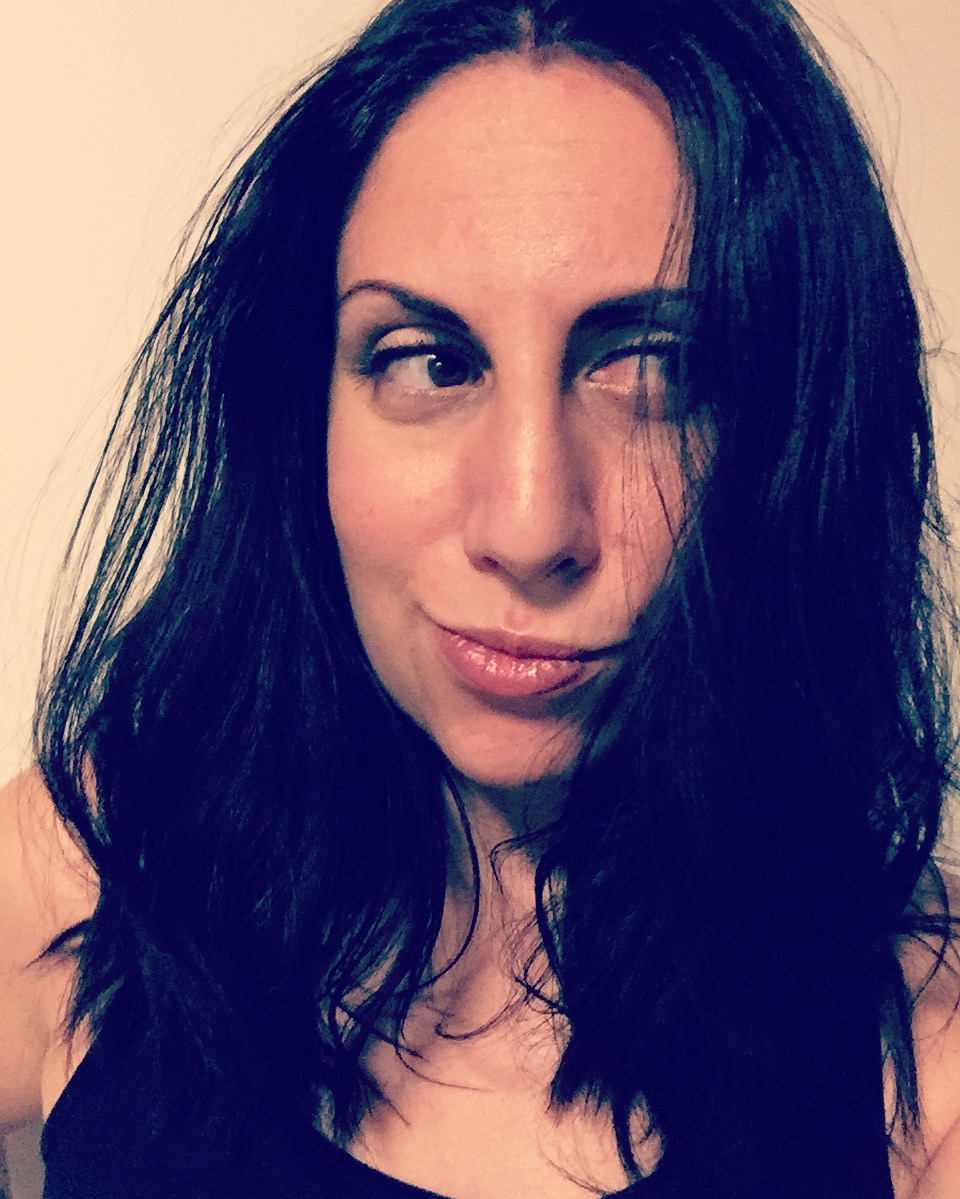I was standing in front of a small group of youthful ears answering questions about how and why I chose to write. I said, “I didn’t choose to write, it’s something I just have to do.” The teacher smiled and asked if there were any techniques I could share with her students or words of wisdom and I looked around at the room and said this,
“I want you all to think about the worst day you have ever had. Some might say, you’re worst day…” I pointed at a student, “Was worse than say yours.” I pointed at another student. “This though technically on someone’s scale may be true, it is not. No one has the right to tell you your worst day or any moment is not worth as much as or worth more than someone else’s. When you write a sad scene in story you don’t write careless emotionless words on a page and hope it hits. You pour your soul out and pluck your sorrow and bleed on the pages you create. That moment is directly tied to your worse day. What you felt that day twists and turns and erupts in the sad moment you create. Experiences in life impact your work as they often do to your own lives. Let’s say the main character is a young man or a young lady and her best friend or his mother has died and the funeral has just begun. You’re not going to say, oh mom died, damn. Perhaps he is being strong for his sister and father, trying with all his might to hold them up. Begging himself not to cry as he watches the box that holds his mother’s shell lowering into the ground. His palms sweat and he tries to force a smile as people in her life pay their respects, numbing him to the core with each empty hug. He waits behind after everyone has left while he curses at the sun to himself, that the world has no right to look happy and joyous when he felt as if something was ripping out his insides. Long after the dirt and sod had been thrown onto the casket he stood, silently. All day he stood there, late into the nightfall. Staring in such disbelief that this all was real. A middle-aged man with scraggily gray hair approached him. The man said, “You only know you’ve truly loved someone by the hole it leaves in your heart when they are gone.” The young man felt his throat closing up on him, threatening of a possible breakdown. He sighed shakily before leaving on unsteady limbs to his car. He climbed in and as the door slammed shut, he faltered. His eyes rained despite his protest and as he let the loss consume him rage began to boil in his blood. Soon guilt of all the things he never had the chance to say or do attacked him relentlessly. His mind was at war with his heart and soul and he was weak from the battle. If you listened quietly, you could actually hear the sound of his heart breaking into tiny pieces, slipping through his hands. A bang on the glass jogged him back to his numb state he had prior to this, grown accustomed to.”
Each student connected with a different aspect of the short story and had a million questions. I smiled as one asked, “Who was at the window?”
“Well,” I said, “Whoever you want it to be. It could be his father or sister or perhaps a high school sweet heart or new love interest. Someone who may break his heart far worse or may heal it. Each of us would write the next scene completely different and none of them would be wrong. When you tell a story a piece of you, however small, leaks into your book and that is not a bad thing. Your reader wants to feel something and to be taken on a journey. The point here is this, every moment in your life matters. As does every moment in a book. What you have felt, enjoyed, suffered through, its shapes you as a writer and as a human being. Live your life and don’t be afraid to allow your past experiences to linger in your work. The story you have to tell matters and your life is an asset to storytelling. And your life experiences are a part of what makes your own writing style unique. Good luck, keep writing.”
A

